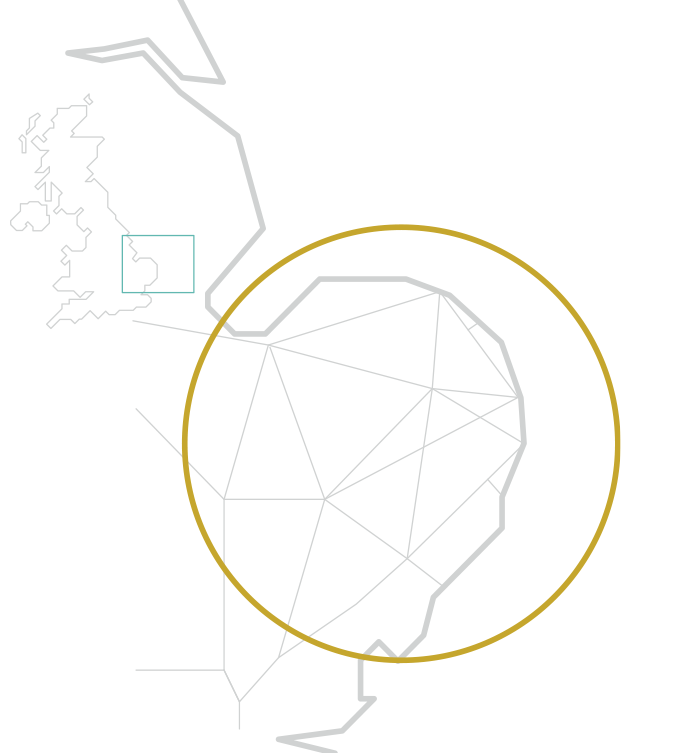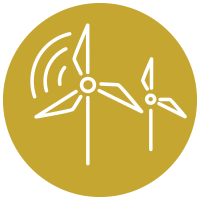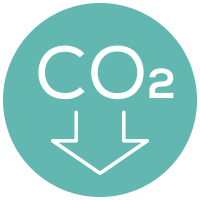The energy industry can draw on the world-leading research and development expertise in our universities, scientific institutions and digital technology hubs. Those centres of excellence can help us better understand the effect of the industry’s work on the environment. They can also help maximise the use of tools such as AI, data analysis, and advanced control systems to manage the integration of our energy supply.
University of East Anglia (UEA), with its campus next door to the Norwich Research Park, is ranked 1st in the UK for its impact in climate and environmental sciences. It is also one of the top 10 UK universities for research output. It works with multiple partners across a range of disciplines and its Marine Knowledge Exchange Network connects 1000+ cross-sector stakeholders.
The Centre of the Environment, Fisheries and Aquaculture Science (CEFAS) has had its headquarters in Lowestoft for the last 100 years. It is a world-leading research organisation that specialises in marine science, technology and environmental policy, including monitoring and assessment. In particular, it provides scientific and policy advice to governments and other international organisations on the development of offshore renewable energy.
UEA and CEFAS have worked together since the UEA’s founding in 1965 through the Collaborative Centre for Sustainable Use of the Seas (CCSUS).
The University of Suffolk (UoS) has areas of distinctiveness in sustainability and digital futures. The Suffolk Sustainability Institute (SSI) was formed in February 2018 in collaboration with Suffolk County Council. The SSI has three primary areas of interest: sustainable energy, design and the built environment and ecology and conservation. The university’s Digital Futures Institute (DFI) focuses on technology, creative digital and future digital applications. At the heart of this activity is the DigiTech Centre, a collaboration between UoS and BT Group, with funding from New Anglia LEP. Located within Innovation Martlesham at Adastral Park, the centre provides training in cutting-edge digital skills for the communications technology sector, and fuels high tech businesses requiring access to a talented technology workforce.
Norfolk and Suffolk has a thriving network of innovation hubs specialising in agri-food, engineering and digital/ICT, as well as clean energy. Of particular relevance to the development of integrated net-zero energy systems is OrbisEnergy, the clean energy innovation and incubation centre in Lowestoft and BT Group’s global R&D headquarters at Adastral Park in Suffolk, because it is the UK’s leading patent filer for Artificial Intelligence (with 86 patent families). BT’s reputation for applied research has also helped it to establish the Innovation Martlesham cluster of around 150 like-minded businesses, which employ around 3000 computer scientists and technicians on the park.
To find out more about our innovation network visit: Innovation - New Anglia









